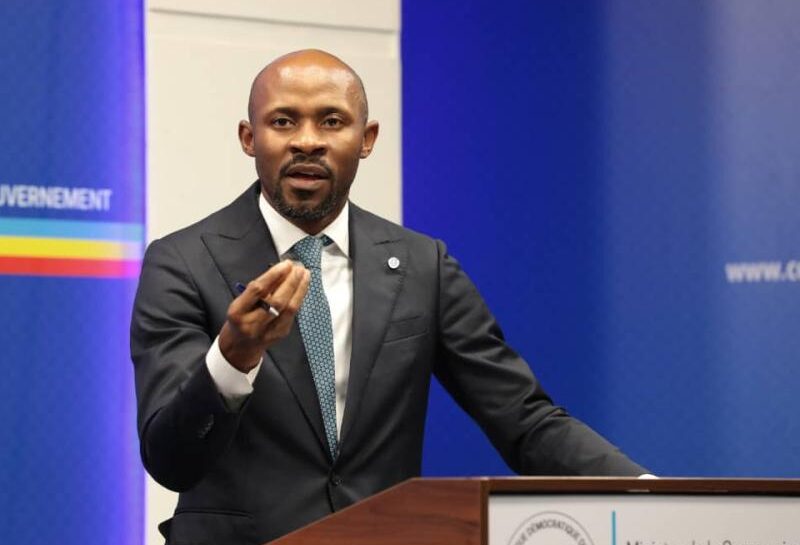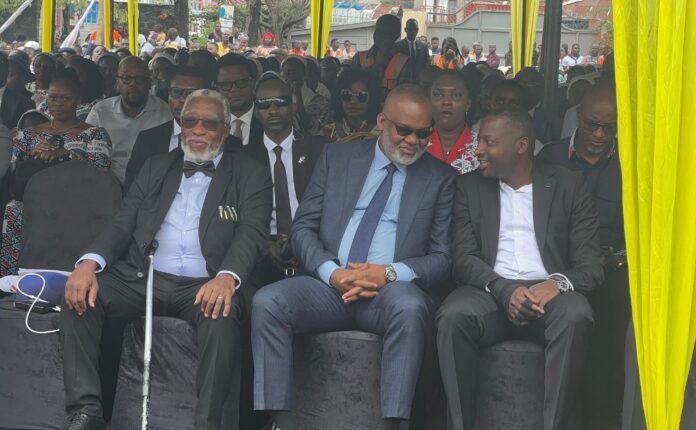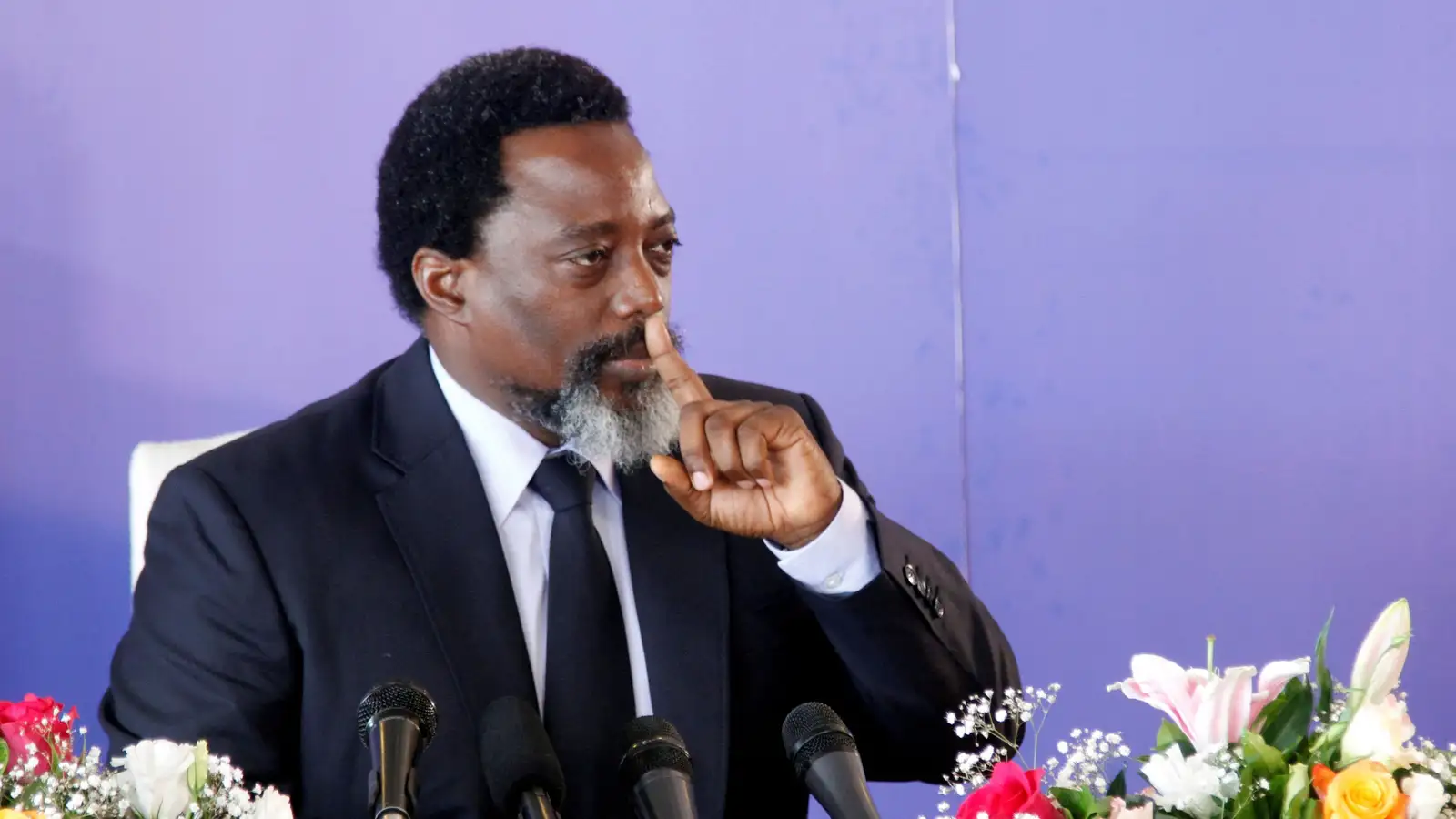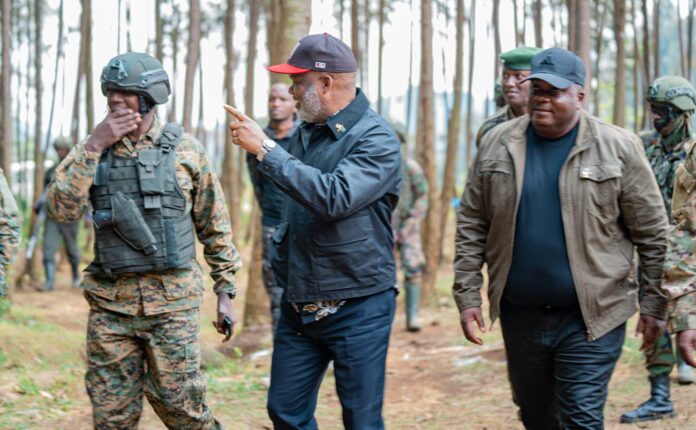As the Democratic Republic of the Congo (DRC) faces one of the most delicate periods in its recent history, the statements made by some of its top officials continue to raise concern and even outrage across the Great Lakes region. The latest example: comments by Congolese Minister of Communication Patrick Muyaya, claiming that “Rwanda, Burundi, and other neighboring countries cannot survive without the DRC, but the DRC can survive without them.”
Note: Company, Blog, Church websites are free.
This posture, steeped in arrogance, raises serious questions on the perception Congolese authorities have of their regional environment and their actual ability to address the multi-dimensional challenges weakening the Congolese state.
By proclaiming a delusional sense of self-sufficiency, Congolese officials risk locking themselves into diplomatic and strategic isolation. In a region where economic, security, and social interdependence is an undeniable reality, such remarks not only threaten to undermine relations with neighbors but also fuel already volatile tensions.
Despite its vast potential, the DRC remains heavily reliant on its neighbors for cross-border trade, regional security cooperation, the movement of goods and people, and stabilization efforts in conflict zones such as North Kivu.
For years, official Congolese communication has oscillated between perpetual victimhood and nationalist populism. In response to M23 activities which Kinshasa routinely blames on Kigali without acknowledging internal causes of the conflict authorities prefer to denounce rather than diagnose, accuse rather than propose, and flee debate rather than face it.
To the populations of eastern Congo abandoned for decades and exposed to unending cycles of violence these kinds of official discourse appear increasingly out of touch. Rebel movements like the M23 present themselves as a response to state failure, long-standing marginalization, and the incompetence of a central government unable to protect its own citizens.
What emerges from this narrative is a broader failure of strategic vision. While official speeches focus on external enemies, the country’s institutional fabric is collapsing, corruption infects every level of administration, and basic services are virtually nonexistent for a vast portion of the population. Media campaigns have come to replace concrete action. Presidential tours, strong-worded speeches, press conferences, and fiery statements cannot make up for the absence of a coherent political plan especially for the eastern provinces.
In the midst of this deadlock, some voices are calling for a profound reset of both regional relations and the internal political system. The M23, often demonized in official rhetoric, claims to represent a political and communal grievance that has long been ignored. While it’s armed methods are open to criticism, its resurgence points to a genuine discontent and a lack of dialogue that Kinshasa refuses to acknowledge.
As long as Congolese authorities remain locked in a narrative of lone grandeur and refuse to take responsibility for internal failings, the country risks sinking even deeper into crisis. In truth, no state can thrive by denying the reality of its neighbors especially when it struggles to govern its own territory.



